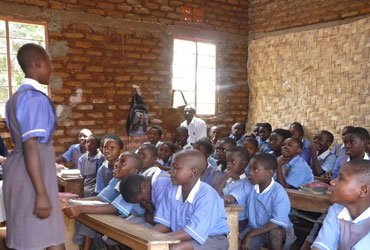Reaching every child is the common denominator of education recovery. At primary and secondary education levels, most countries are taking measures such as automatic re-enrolment and community mobilization campaigns to return children to school. However, a quarter of countries have yet to collect information on children who have and have not returned to school. For truly transformative education systems, we need to eliminate barriers that exclude vulnerable groups, ensure the right to education is fully captured in national legal and regulatory frameworks, strengthen flexible models of education, and invest in strengthened Education Management Information Systems for disaggregated and real-time information.
As children return to school, we need to assess what they know, understand and can do, to inform policies and instruction. Encouragingly, a majority of countries have resumed standardized testing programmes (including large-scale assessments and high-stakes examinations) in school year 2021–2022, particularly for math and reading, but only a small share of countries is trying to understand the impact of school closures on non-cognitive skills, which are as equally important for children to succeed in today’s world. A diverse set of assessment activities, including the use of formative assessments and various technologies such as digitalized assessments, can help students become more aware of how and what they learn, and help teachers understand what factors may hinder or facilitate their students’ learning progress.
We need to prioritize fundamental knowledge and skills in the curriculum to help children recover more quickly from learning loss. In many countries, children lacked foundational skills even before the pandemic, and overloaded curricula makes it difficult for them to catch up – especially after long periods of school closures. Despite the loss of instructional time during the pandemic, fewer than half of countries reported implementing curricular adjustments at primary and secondary levels. To support curricular transformation, countries will need to ensure a stronger alignment among curriculum, assessment and instruction, with teachers involved in co-designing and facilitating curricular adjustments.
Worryingly, few countries appear to be investing in proven measures to mitigate learning loss: only 39 per cent reported implementing measures on increased instructional time, 29 per cent on tutoring programmes, and 16 per cent on targeted instruction. Instead of ad hoc programmes or fragmented policy interventions, countries must implement multi-year, evidence-based interventions and provide extensive support to teachers, who are on the frontlines of driving recovery in classrooms.
DEVELOP CHILDRENS OVERALL WELL BEING
Aside from its negative effects on learning, the pandemic has imperiled children’s mental health and overall wellbeing. The reopening of schools presents an exceptional opportunity to ensure that all children have access to a safe and supportive learning environment with enhanced access to essential services. Yet, fewer than two thirds of countries reported implementing psychosocial and mental health support for primary- and secondary-level students and teachers. To strengthen resilience against future shocks, understanding learners’ and teachers’ needs is critical to ensure schools provide comprehensive services through a whole-of-society approach, with collaboration across sectors including education, child protection, health and nutrition.
Lastly, sustainable and equitable education financing is essential to recover and transform education.



It has survived not only five centuries, but also the leap into electronic typesetting unchanged. It was popularised in the sheets containing lorem ipsum is simply free text.
It has survived not only five centuries, but also the leap into electronic typesetting unchanged. It was popularised in the sheets containing lorem ipsum is simply free text